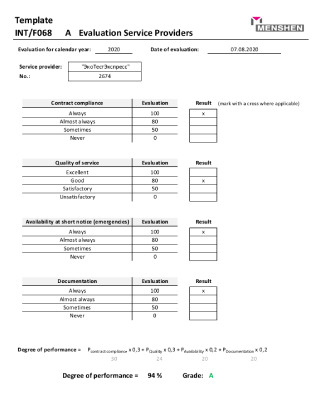
Betting Strategies for Successful Horse Racing
When it comes to horse racing, understanding and utilizing effective betting strategies can significantly enhance your experience and increase your chances of success. Whether you’re a seasoned bettor or a novice looking to learn the ropes, this article will provide you with valuable insights into various strategies that can help you make informed decisions. For a more engaging betting experience, you can access the platform via Betting strategies for successful horse betinexchange login.
Understanding the Basics
Before diving into specific strategies, it’s crucial to grasp the fundamental concepts of horse racing betting. Horse racing is not just about picking a horse based on its name or appearance. It involves analyzing various factors such as the horse’s past performance, the race track conditions, the jockey’s record, and more. By understanding these elements, bettors can make more educated choices.
1. Research and Analysis
Successful bettors spend time researching and analyzing data related to the horses, jockeys, and races. Key elements to consider include:
- Past Performances: Look at the horse’s previous races, including finishes, distances, and times.
- Jockey and Trainer Stats: A good jockey can make a significant difference. Check the statistics and track records of both the jockey and the trainer.
- Race Conditions: Factors such as the type of surface (dirt or turf), weather conditions, and the length of the race can all impact a horse’s performance.
2. Understanding Odds
Odds reflect the bookmaker’s assessment of the likelihood of a horse winning a race. Understanding how odds work is essential for making intelligent betting decisions. Popular types of odds include:
- Decimal Odds: Commonly used in Europe, these odds represent the total payout (stake + winnings) for a winning bet.
- Fractional Odds: Used in the UK, these show the profit relative to the stake. For example, odds of 5/1 mean a profit of $5 for every $1 wagered.
- American Odds: Often used in the US, these odds can be either positive or negative, indicating how much you can win on a $100 bet or how much you need to bet to win $100, respectively.
3. Types of Bets
Various betting types allow you to tailor your approach based on risk and reward:
- Win Bet: Betting on a horse to finish first. The simplest and most straightforward bet.
- Place Bet: Betting on a horse to finish in the top two or three positions, depending on the race’s rules.
- Show Bet: Betting on a horse to finish in the top three.
- Exacta Bet: Requires selecting the first two finishers in the correct order.
- Trifecta Bet: Requires selecting the first three finishers in the correct order.

4. Bankroll Management
One of the most critical aspects of successful betting is managing your bankroll effectively. Here are some tips:
- Set a Budget: Decide how much money you can afford to lose before you start betting.
- Use a Unit System: Bet a fixed percentage of your bankroll on each race to protect yourself from large losses.
- Avoid Chasing Losses: If you have a bad day, don’t increase your bets in an attempt to recover; stick to your strategy.
5. Value Betting
Value betting involves identifying horses whose chances of winning are better than what the odds suggest. To find value bets:
- Assess the true probability of a horse winning based on your analysis.
- Compare your assessment to the offered odds. If your estimated probability is higher than the bookmaker’s implied probability, it could represent a value bet.
- Consistently placing value bets can lead to long-term profitability, even if you don’t win every race.
6. Keep a Betting Journal
Maintaining a detailed betting journal can help you track your progress, analyze your decisions, and identify patterns that work for you. Include information such as:
- The races you bet on, including dates and types of races.
- Horses you backed and the odds.
- Your thoughts on why you made each bet.
- Results of your bets and any lessons learned.
7. Emotional Discipline
Betting can be an emotional rollercoaster, but maintaining discipline is essential for long-term success. Here are some strategies to help control emotions:
- Stick to your strategy: Don’t let emotions dictate your betting decisions.
- Take breaks: If you feel overly emotional or frustrated, step back and take a break from betting.
- Focus on the long-term: Remember that betting is a marathon, not a sprint.
Conclusion
Successful horse racing betting requires a combination of research, strategy, disciplined bankroll management, and emotional control. By implementing the strategies outlined in this article, you can improve your betting skills and potentially increase your returns. Remember to take your time, analyze data, and always bet responsibly. Good luck!



















